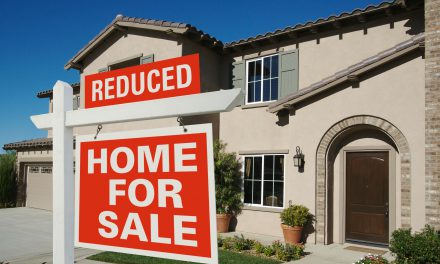The number of years a homeowner needs to live in their home for it to make more financial sense than renting — what Zillow calls the breakeven horizon — is lengthening. The national average breakeven horizon was one year and eleven months at the end of 2016, nearly a month longer than what it was a year earlier.
Zillow calculates the breakeven horizon by comparing homeownership costs with the cost of renting over the same time period. This analysis includes a forecast for home value growth and rent change.
Here in California, the breakeven horizon is much longer, and growing. Accordingly to Zillow’s yardstick, before owning pays off, a homeowner will need to own their home for:
- 2.1 years in Riverside, up from 1.8 in 2015;
- 2.2 years in Bakersfield, up from 1.7 in 2015;
- 2.4 years in Sacramento, up from 2.1 in 2015;
- 2.5 years in Fresno, the same as 2015;
- 4.1 years in Los Angeles, the same as 2015;
- 4.1 years in San Diego, up from 3.4 in 2015;
- 4.5 years in San Francisco, up from 2.9 in 2015; and
- 5.1 years in San Jose, up from 3.2 in 2015.
Unsurprisingly, the breakeven horizon is longest in California’s expensive and highly desirable coastal cities. While these are averages for California’s largest population centers, the breakeven horizon also varies greatly by neighborhood, which can be searched on Zillow.
Longer ownership = less turnover
Zillow’s forecast for the breakeven horizon looks like bad news for California homeowners and the real estate professionals who represent them. When homeowners need to stay in their home longer to make their investment worthwhile, turnover decreases and home sales volume slows.
Fortunately for homeowners, most plan to stay put more than a couple years when buying anyway. But for real estate professionals who rely on fee-producing transactions for a living, the prospect of slower sales is daunting and poses significant challenges to their business model.
The cure for this slowdown will arrive with the next homebuyer demand convergence from members of Generation Y (Gen Y) and retiring Baby Boomers (Boomers).
Gen Y initially delayed their entry into homeownership (along with other milestones, like marriage and careers) due to their entry into the job force coinciding with the worst U.S. recession and longest recovery since the Great Depression.
Boomers have also been negatively impacted by the recent recession, as many had to delay retirement to make up for the loss in asset values (including real estate) resulting from the financial crisis. When they do eventually retire, many will sell their old, suburban McMansions and buy replacement property. Their new homes will be smaller and more manageable residences, often near urban amenities and closer to family.
This combined buying and selling activity fueled by both poles of the age spectrum is expected to propel California sales volume and home values to their next peak by 2020-2021.
In the meantime, agents struggling to get by due to slow sales may consider adding property manager to their title. As in other industries, diversifying is the best way to guard against obsolescence.
Related article:
Baby Boomers retire: What will their retirement homes look like?














